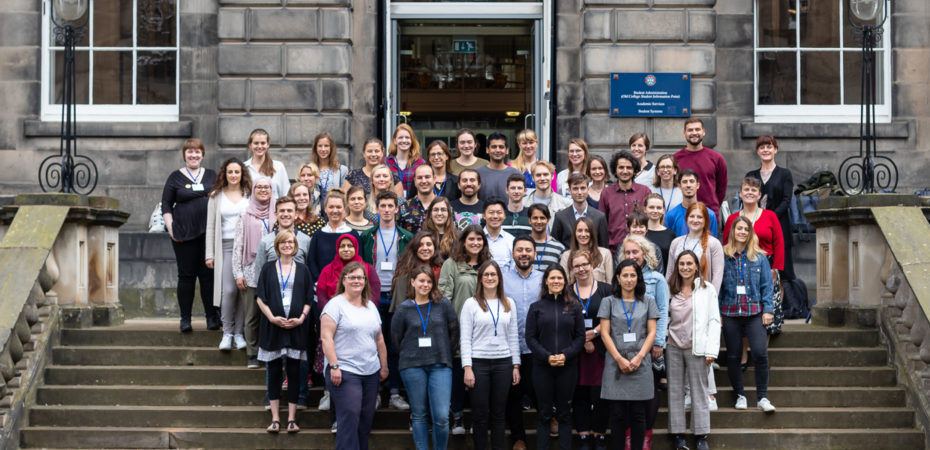Thursday at the LERU Summer School was a day of two halves. Our morning was spent working on the guide and despite my promises to Sarah, our EXTRAORDINARY designer, that there would only be “a few tweaks and minor changes” the group took to editing with their now customary enthusiasm. As I type (early Friday) this I’m fearful that she’s still working on it…
Having handed an alarming pile of corrections to her, Sarah and Emily left to work on the guide whilst the rest of us turn our thoughts to culture. Throughout the week we had been talking about the different ways that people see the world and how this influences the way they collaborate. We discussed the use of partnership agreements or project charters as a tool to making these differences visible so they could be understood and accounted for. We noticed when we spoke to each other and the assumptions we made about many things because of our disciplines, backgrounds and nationalities.
So Thursday afternoon had a different feel to the rest of the summer school. Without the pressure to extract messages and transform them into a section of the guide, we changed the pace and devoted an afternoon to thinking about culture. Another theme which has been developing throughout the week has been what I think of as “researcher conscience”. The group have raised ethical and environmental concerns about the carbon footprint of international travel, whether research undertaken in developing countries benefits the people researchers engage with, the lack of diversity in the researcher populations in LERU institutions and the assumptions and biases that affect the way we work.
Our guest speaker was Jessie Fubara-Manuel, a PhD researcher in our School of Divinity. I met Jessie’s supervisor, Emma Wild-Wood at an event some months ago when I was looking for a speaker for the culture session of the summer school. Emma assured me that Jessie would be perfect. She was right.
Jessie’s research looks at the Role of Christian Faith for Women with Disability and HIV in South-South Nigeria. She explained the complexity of her topic and the many intersecting issues that these women are affected by, then talked about how she has learnt to understand them and the culture they live in. This understanding has had a defining influence on the way she has conducted her research and conceived her outputs.
Like many of our speakers, Jessie spoke about how vital trust has been to her work. She has patiently built relationships with the women she works with, not judging their actions or beliefs, but seeking to understand how they think and live.
Jessie stayed with us for the next part of the afternoon where we worked together to understand the many different cultures in our LERU group. We transformed Paterson’s Land (one of the buildings in our school of education) into LERU world and formed groups based on nationalities. There were three questions to consider.
- What are the characteristics of your culture/group of cultures?
- What are the common mistakes people from outside your culture make which cause misunderstandings?
- What 2-3 things could people do (and avoid doing) to respect your culture and make the best impression?
The group threw themselves into this task with huge enthusiasm and humour. Out of the context of the room, I’m wary of sharing some of their insights which were very honest. Let’s just say that I’m never going to be late (or, as critically, early) to a meeting in Scandinavia; I’m going be very careful about how I use the word “America” and I’ll stop taking feedback from the Dutch quite so personally. I hope that one of the students might be tempted to write a blog about the session which was a perfect end to the hard work of the previous few days.
Today we’ll be thinking about how to get the guide out to as wide an audience as possible and how to keep in touch with each other. I suspect the latter will be easy. This group came to Edinburgh because of a shared interest in collaboration, but have built a wonderful community which will persist.


